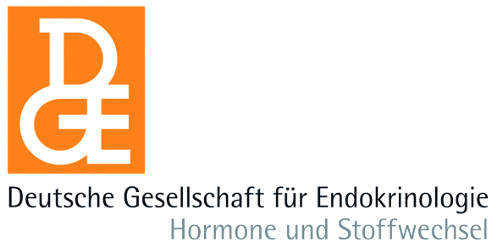International Graduate Programme 1874, DFG Mannheim-Heidelberg-Groningen
Funding
DFG
Funding period
01.07.2017 - 31.12.2021
Participating institutions
- Medical Faculty Mannheim, Heidelberg University
- Med. Clinic
- Institute of Experimental and Clinical Pharmacology and Toxicology
- Institute of Transfusion Medicine and Immunology
- of Anesthesiology
- Center for Biomedicine and Medical Technology (CBTM)
- Cardiovascular Physiology
- Neurophysiology
- Microvascular Biology und Pathobiology
- Vascular Biology & Tumor Angiogenesis
- Medical Faculty Heidelberg, Universität Heidelberg
- Institute of Physiology and Pathophysiology
- Institute of Pharmacology
- University Hospital Heidelberg; Dept. of Medicine I and Clinical Chemistry
- University Medical Center Groningen
Contact
Prof. Dr. Hans-Peter Hammes (Speaker) hp.hammes@umm.de
Prof. Dr. Jens Kroll (Speaker) Jens.Kroll@medma.uni-heidelberg.de
Sigrid Englert (Adm. Coordination) Sigrid.Englert@medma.uni-heidelberg.de
Description / aims
Chronic hyperglycemia accounts for appr. 10 % explaining the variation of microvascular complications in diabetes. The remaining 90 % are unclear by origin. Despite that, chronic hyperglycemia remains the single most important risk factor, f.e. for diabetic retinopathy. Recent evidence also suggests that complications do not only affect the microvasculature in eye, kidney, and nerve, but entire multicellular organs with variable predominance of certain cell types. Furthermore, general mechanisms of glucose toxicity, protection against glycemic stress and cells/(sub-)cellular components resistant to hyperglycemia are on the top list to improve our pathogenetic understanding and foster treatment. IRTG 1874“DIAMICOM“ research addresses these early common mechanisms of tissue damage, factors providing resistance to glycemic stress including components of good and bad memory, and novel pathogenetic treatments in four workpackages (mechanisms – eye – kidney – nerve). The scientific projects conform with DIAMICOM’s most important aim, i.e. the co-education of excellent graduates from medicine and life science. Researchers at Heidelberg University (MH/HD) operate in an excellent scientific environment, particularly endorsed by the CRC 1118 (Reactive metabolites in diabetic complications). Partners at Groningen University (UMCG) are internationally recognized for excellence in experimental diabetology, vascular cell biology and drug targeting. Sanofi as partner strongly supports the consortium with scientific and technological input.
Publications
The Pericytic Phenotype of Adipose Tissue-Derived Stromal Cells Is Promoted by NOTCH2.
Terlizzi V, Kolibabka M, Burgess JK, Hammes HP, Harmsen MC.
Stem Cells. 2017 Oct 25
www.ncbi.nlm.nih.gov/pubmed/29067740
She et al. Targeting erythropoietin protects against proteinuria in type 2 diabetic patients and in zebrafish. Mol Metabolism, 2017 in press.
www.sciencedirect.com/science/article/pii/S2212877817308773?via%3Dihub
Gasotransmitters in Vascular Complications of Diabetes.
van den Born JC, Hammes HP, Greffrath W, van Goor H, Hillebrands JL; DFG GRK International Research Training Group 1874 Diabetic Microvascular Complications (DIAMICOM).
Diabetes. 2016 Feb;65(2):331-45
diabetes.diabetesjournals.org/content/65/2/331

